Mild, its seemingly inevitable decline and probable extinction have got me thinking. Dangerous, I know. Why do beer styles die out and where do they go after death? Is there a style heaven? (I don't need to speculate about style hell. That's here on earth.)
The heyday of Mild was approximately 1850 to 1960. Not a bad run. After that serious, accelerating decline set in. Here are the depressings facts in number form:
 As Porter amply demonstrates, the key to longterm survival is a wide geographical reach. Porter died out in its homeland around 1940, in its second home of Ireland about 1970. Yet it continued to be brewed elsewhere. The first truly international style, it was able to escape fickle fashion in one particular country. By 1850 Porter was brewed across the northern hemisphere and was widely exported to the southern. Only pale lager is brewed in more countries.
As Porter amply demonstrates, the key to longterm survival is a wide geographical reach. Porter died out in its homeland around 1940, in its second home of Ireland about 1970. Yet it continued to be brewed elsewhere. The first truly international style, it was able to escape fickle fashion in one particular country. By 1850 Porter was brewed across the northern hemisphere and was widely exported to the southern. Only pale lager is brewed in more countries.The history of Mild is very different. It was never a big export beer. It was only every really brewed in Britain. When interest faded in the UK, there was no safe foreign haven where it could continue to prosper. Why did Mild so lack international appeal? The dominant styles that preceded and succeeded it - Porter and Pale Ale - were drunk around the globe. Why wasn't Mild?
The more local a style is, the more prone it is to extinction. A look at the recent casualties and some of those most under threat confirms this:
- Leipziger Gose
- Berliner Weisse
- Lichtenhainer
- Grodziskie/Grätzer
- Münster Alt
Will Mild recover and thrive once more? I doubt it. I can't think of a style that has come back from a similar terminal decline to be anything more than a novelty or speciality. I can't see Mild ever being available in every British pub again. Look at Porter. It may have risen from the dead, but what percentage of pubs stock it regularly? Not even 1%, would be my guess.
I could take comfort from Export in Germany. It's sort of Light Mild to Pilsner's Bitter. It went from being the nation's favourite to an endangered species in little more than a decade:
 But see what's happened. In the last few years. Its market share has started to rise again. It may be just a blip, but I'll be watching developments closely.
But see what's happened. In the last few years. Its market share has started to rise again. It may be just a blip, but I'll be watching developments closely.Perhaps some other nation will take Mild to its heart. Mild could be the spearhead of a non-extreme beer movement in the USA. It could, but I doubt that it will. In its modern incarnation Mild is a delicate flower. It only really works in cask-conditioned form. For bottling, it's too weak and kegging it destroys its subtleties. And subtlety is what modern Mild is all about. If it wants to flourish again, it will need to adapt and mutate.
I would love to get a strong Mild brewed. A 19th century XXX Ale. That might appeal more to today's beer freaks. Something of 8 or 9% ABV. In my polls, beers of this type haven't done well. They've garnered next to no votes. Is it just a matter of eduction, or is there really that little interest?
Charts created by Andrew Kempton Pattinson (my son).
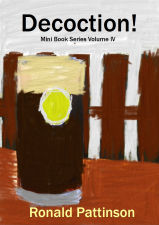



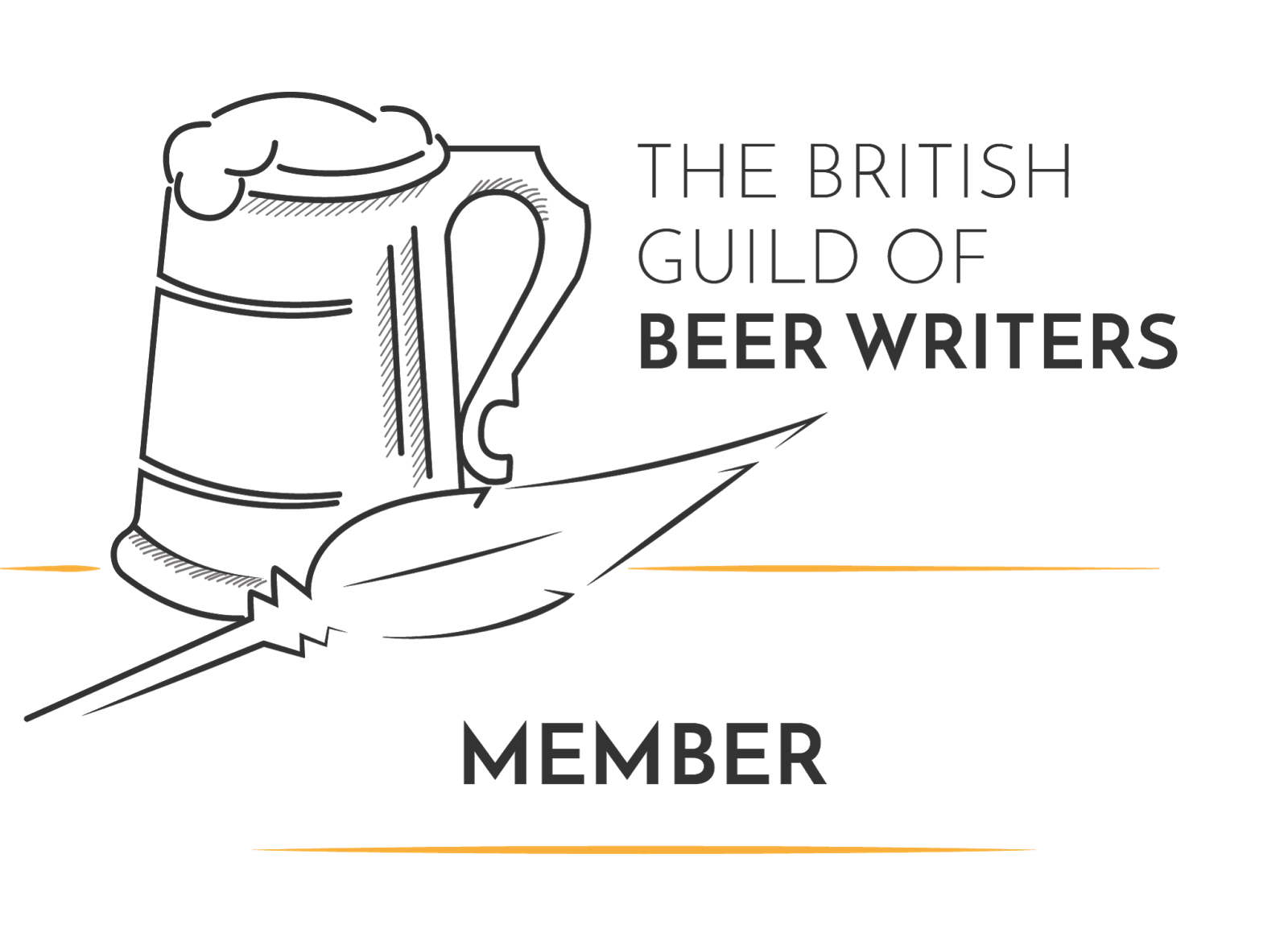









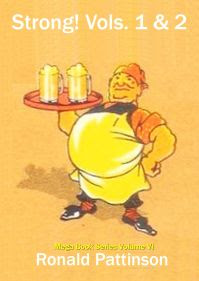


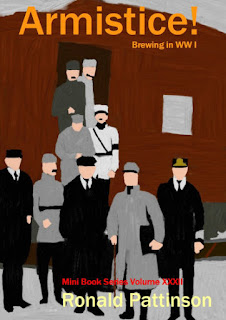
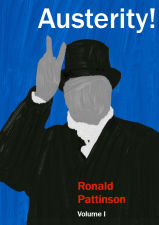







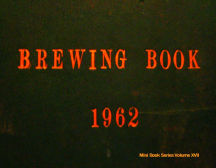

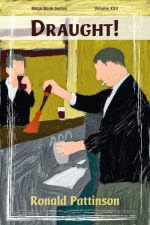

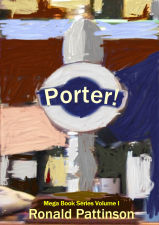







































11 comments:
Our local 'extreme' brewery, Surly, made a mild this last fall. It was excellent, when in cask, indeed some of its subtlety was lost when it was kegged. But it was a very limited run.
It wouldn't shock me if mild sales were continuing to shrink a little, but I doubt they are. Like real ale generally, the market may be smaller than before, but it's higher quality and secure.
One point something percent market share. That's not healthy for a cask beer.
I wish it weren't so, but I'm sombre about Mild's future. Except as a novelty beer.
Who fancies trying a good, old fashioned 9% ABV Mild?
Many breweries here in the UK, particularly the micros, brew milds for CAMRA's Mild Month and I think this might be the key to the style's long term survival - making it a late Spring seasonal beer - a sort of British Meibock if you will. Marble Brewery, for example, have made a rather good strong (6%) mild - so good in fact I've ordered a kil for the forthcoming Stockport Beer Festival.
I must say I fancy the idea of a 9% mild - as you say a good old fashioned brew - are you proposing to commission one?
Pifield did a 6.5% mild as part of their historic range. Have you tried those before, Ron? If not we will have to introduce you to them. Apparently brewed to original recipes.
Marston's promoted their 'Merry Monk' pale mild (4.5%) this year. It was once, I'm told, reputedly the strongest mild in the country. My local got some in: it was awful, the sulphur making it undrinkable.
As a US resident, I find interesting your comment that porter is served in only 1% of pubs. It's a rare brewpub or multi-tap in the US that does not have a porter (or "stout") on tap. Now, if you count in all the places that only serve fizzy alcoholic piss-water, maybe we're down in the 1% range, too.
As for higher ABV milds, Im quite partial to Sarah Hughs Mild. Its not 9% but is quite nice to drink. Ive had it in the UK and US and do have to say it makes the journey quite nicely. Which can't be said for poor old Moorhouse Black Cat. Its pretty off when we get it compared to it fresh.
fatman, Merry Monk used to = Pedigree + caramel. I didn't call consider it a proper Mild. A pale version? Surely that's just Pedigree without caramel?
Spencer, I'm talking of all UK pubs. A far higher percentage of pubs in Britain sell at least one decent beer. It's hard to really differentiate between "craft" and "non-craft" pubs.
Even just considering specialist cask ale pubs and brewpubs, the percentage regularly selling Porter would still be depressingly low. Crap Stout (Guinness) is on sale everywhere.
Indeed, you need to go to a pub that has five or more ales on tap to be in with a good chance of seeing a stout or a porter.
I've just made that relationship up, but thinking about the pubs I know and love, it works. Plenty of decent pubs will have 2-4 ales on, but none of the dark stuff.
I believe mild did not become an international beer style because of its relatively low hop rate. For this reason too I think it withered, sadly, in the U.K. True, malty, strong Burton ale had an early export success but this was to a cold part of the world, Russia and such. This helped to ensure the beer would not turn.
But even the high gravity 1800's milds would spoil if sent to a more temperate if not warm climate - before pasteurisation and refrigeration that is. But interntional beer habits and preferences were fixed I think mostly in the pre-industrial era, lager being the great exception.
The same thing is true I think of mild's fate in Britain. Even with the benefit of modern production methods (i.e., ensuring greater stability without pasteurisation or "end-to-end refrigeration" a la Coors), mild became a rather small category in England - a subset of a subset, real ale. Why is this? I feel it is because on average mild was less stable than bitter. I would say that half or more times, in England sampling mild in the 1980's and 1990's, the beer was off in some way (often simply sour). Yes, this was mostly in London; yes, I was visiting and did not (and do not) live there; but my abiding impression was that mild, at least at the gravities that now rule, is pretty fragile unless sold in large quantities and running almost all the time.
I think the cadre that persisted with real ale - not just those who take an unusual interest in how beer is made but average bitter and mild drinker - tended ultimately to favour bitter because all things being equal, the bitter would be in better condition when he got it than the mild.
I fully agree, Ron, that mild is due for a massive revival. Today, improved shipment methods and also simply the "beer consciousness" that has arisen internationally can assist to make this happen.
Gary
Post a Comment